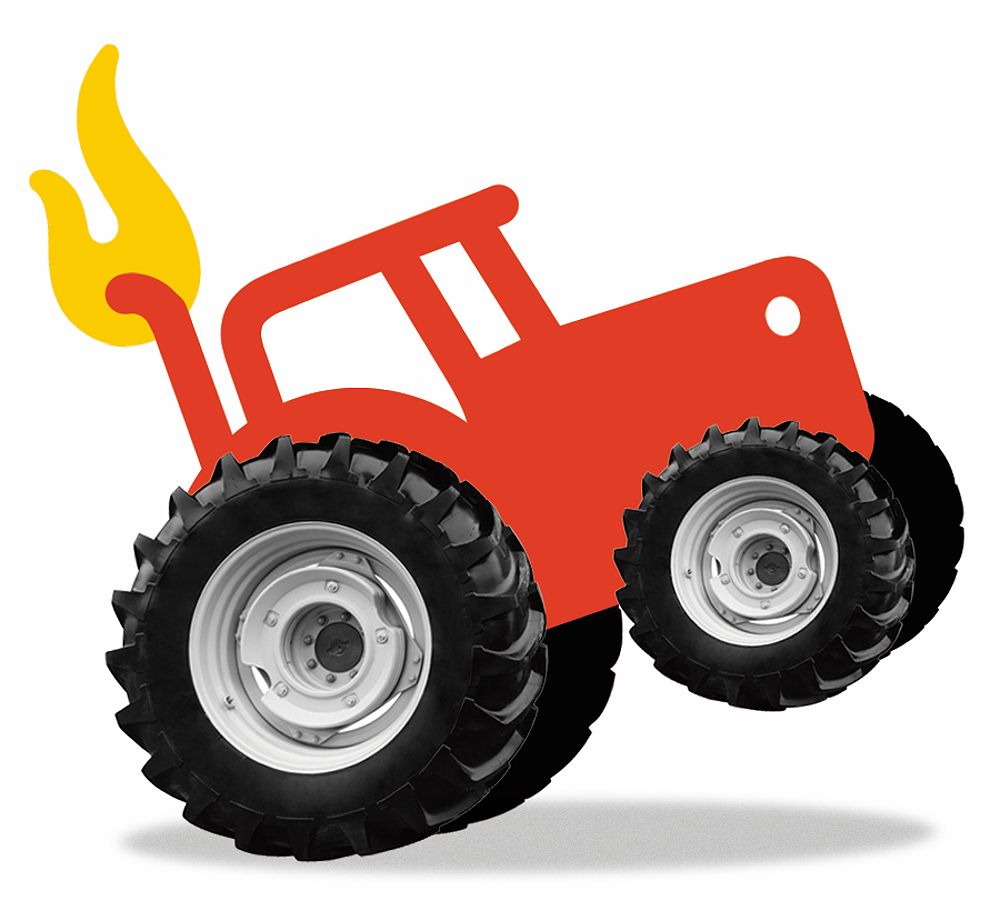Explore the complexities of farming practices and the misleading nature of the term ‘conventional agriculture’. Understand the diverse range of farming approaches and the need for nuanced comparisons between organic and conventional farming. Foster a better understanding of sustainable and environmentally responsible farming practices.
Understanding the Complexity of Farming Practices
When we think of “conventional agriculture,” what comes to mind? If you were to do a Google Image search, you would likely see vast fields of uniform crops, large machinery, and faceless farmhands. However, this narrow perception overlooks the diverse world of farming practices and the misleading nature of the term ‘conventional agriculture’.

( Credit to: Thebreakthrough )
Instead of relying on broad generalizations and stereotypes, it is crucial to understand the complexity of farming practices and the specific tradeoffs associated with each. By adopting a more nuanced approach, we can foster a better understanding of the diverse range of farming approaches and work towards a more sustainable future.

( Credit to: Thebreakthrough )
The Evolving Landscape of Farming Practices
The term ‘conventional agriculture’ implies that there is a standard or typical way of farming that can be contrasted with alternatives. However, farming practices have evolved over time, and what was once considered conventional may no longer be the norm.
For example, the industrialization of agriculture in the early 20th century led to the adoption of new technologies and practices that were seen as more efficient. However, some of these practices have now been replaced by what is considered alternative or organic farming.
The organic farming movement emerged as a response to the increasing use of synthetic fertilizers and pesticides in the early 20th century. Organic farming practices, such as composting, crop rotation, and biological pest control, were seen as more natural and sustainable. Over time, organic farming gained popularity and was contrasted with conventional agriculture. However, the line between organic and conventional farming has become blurred as organic farming has become more industrialized and large-scale.
The Need for Nuanced Comparisons
Comparisons between organic and conventional farming should not be oversimplified. Different farming practices have different tradeoffs and can vary depending on factors such as geography, climate, and farm management.
Instead of relying on broad generalizations, it is important to consider specific farming practices and their impact on the environment. Nuanced comparisons can provide a more accurate understanding of the benefits and drawbacks of different farming approaches.
Promoting Sustainable Farming Practices
Rather than focusing on the term ‘conventional agriculture,’ our attention should be on promoting sustainable and environmentally responsible farming practices, regardless of whether they are considered conventional or alternative.
By adopting more specific terminology and understanding the complexities of farming, we can work towards a future where farming practices prioritize sustainability and environmental stewardship.
